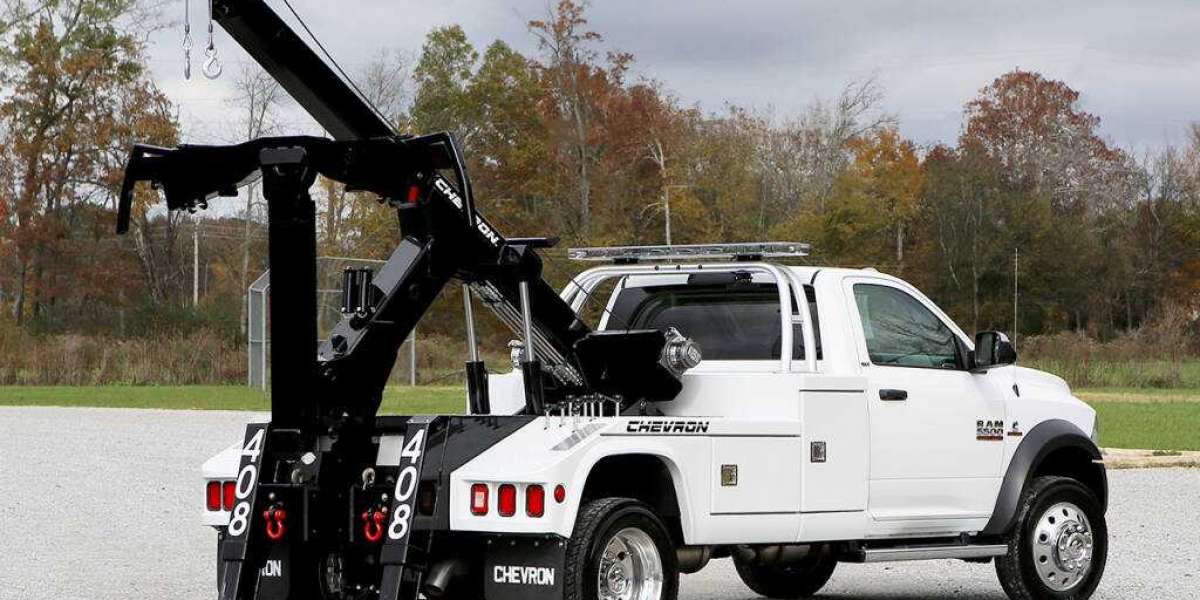How Long Can a Car Stay Parked in California?
Parking regulations can be a confusing maze, especially in a state as diverse and vast as California. Whether you're a resident, a visitor, or someone planning a road trip through the Golden State, understanding the rules about how long your car can stay parked is crucial to avoid fines and ensure a hassle-free experience. In this comprehensive guide, we'll break down the various parking laws in California, covering everything from street parking to private lots.
Street Parking Limits:
- Residential Areas
In many residential areas across California, there are usually no strict time limits for on-street Parking Towing. However, it's crucial to be aware of any posted signs or local ordinances that may dictate specific rules for each neighborhood. Some areas may have permit requirements or street sweeping schedules that affect when and how long you can park.
- Metered Parking
In urban and commercial areas, metered parking is a common sight. These spaces typically have time restrictions and require payment during specific hours. Be sure to check the posted signs for information on time limits and payment requirements. Violating metered parking rules can result in hefty fines, so it's essential to stay vigilant.
- Public Lots and Garages
Public parking lots and garages usually have their own set of rules, and these can vary widely depending on the location. Some lots may have specific time limits, while others may allow longer-term parking. It's advisable to check with the parking facility or refer to posted signs for information on maximum stay durations and any associated fees.
Private Property Parking:
- Shopping Centers and Businesses
When parking in private lots, such as those at shopping centers or businesses, it's crucial to adhere to the posted rules. Some places may have time limits to ensure turnover and accommodate as many customers as possible. Always check for signs indicating parking restrictions and comply to avoid being towed or fined.
- Residential Complexes
If you're visiting someone in a residential complex, be aware that they may have guest parking restrictions. Residential complexes often implement parking permits or time limits to ensure that parking spaces are available for residents. Always check with your host or the property management for guidelines on where and how long you can park.
- Understanding Street Sweeping
Many cities and neighborhoods in California have designated street sweeping days to keep the roads clean. Parking restrictions are often enforced during these times to allow street sweepers to do their job effectively. Check the local schedule for street sweeping in the area where you're parked, and make sure to move your car accordingly to avoid fines.
Special Circumstances:
- Temporary No-Parking Zones
Cities in California may establish temporary no-parking zones for events, construction, or other reasons. These zones are usually marked with signs indicating the dates and times during which parking is prohibited. Always be on the lookout for such signs, as violating these restrictions can result in towing and fines.
- Oversized Vehicle Restrictions
Certain cities in California have restrictions on where oversized vehicles, such as RVs and trailers, can park. These restrictions may include time limits or designated areas for these vehicles. Before parking an oversized vehicle, check local ordinances to ensure compliance with any specific regulations.
Tips for Safe and Legal Parking:
- Read Signs Carefully
Always check for posted signs indicating parking rules and restrictions. Cities and neighborhoods may have different regulations, and compliance is crucial to avoid fines.
- Use Parking Apps
Utilize parking apps or websites that provide information on parking regulations in specific areas. These tools can help you find legal and convenient parking spaces.
- Plan Ahead
If you know you'll be parking for an extended period, plan ahead. Research parking options, check for any restrictions, and be aware of local ordinances to avoid surprises.
- Stay Informed
Keep yourself informed about any changes to Parking Towing Regulations in the areas you frequent. Local government websites and community forums can be valuable resources for staying updated.
Conclusion:
Navigating California's parking regulations requires attention to detail and a proactive approach. Whether you're parking on the street, in public lots, or on private property, being aware of time limits, permit requirements, and special circumstances is essential. By understanding and following the rules, you can ensure a stress-free parking experience and avoid unnecessary fines. Stay informed, read signs carefully, and plan ahead to make the most of your time in the Golden State.




